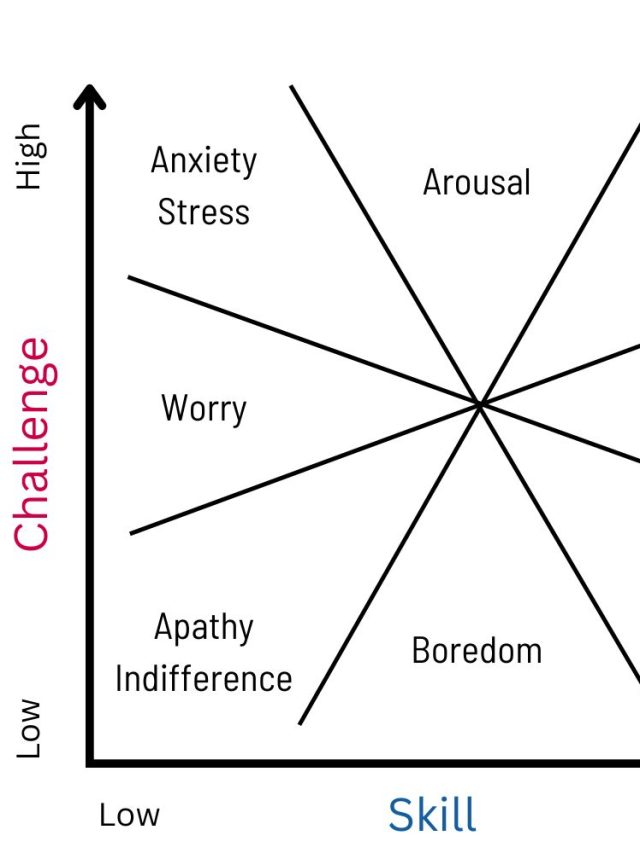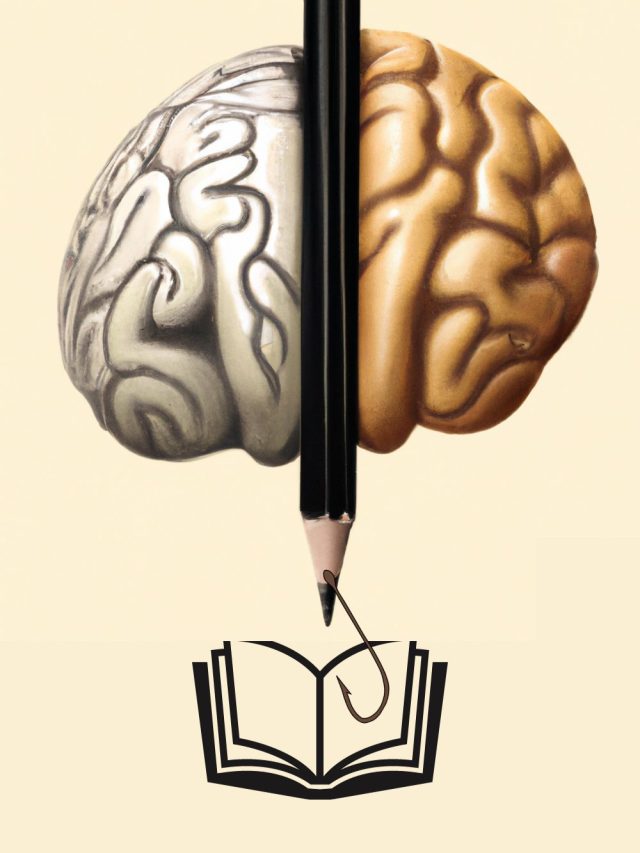Language is a fascinating human trait. It is so grounded in the making of our species that we have dedicated brain regions[1] that facilitate it. It seems that memetic (social) & genetic (biological) processes gave us an intuitive sense of meaning in communication & grammar. Our environment creates opportunities and our mental abilities develop to learn systems of communication called Language.
Although languages are intuitive, the science of learning has evolved so much that we can use very precise strategies to learn languages even faster, especially as an adult. This article is an application of those learning strategies. We have a fair idea of how the brain accommodates new information and makes it intuitive. Based on research conducted on how to study and learn, I have a few tips and tricks to learn new vocabulary in an intuitive way. This will be helpful if you are learning English as a second language (ESL & EFL), studying for competitive exams like GRE or IELTS, or just want to improve your vocabulary to be a better writer or speaker.
The first phase: Initiate learning
When you come across a new word, give importance to the following things:
- In what context was it used?
How did you react to the word ?- How did the word sound or look?
- What other words went along with it?
These questions will show you what to focus on.
How to initiate learning new words
This section will show you how you can get started. If not fluent, you’ll be familiar and ready to comprehend sentences with new words.
- Say the word out loud: When you pronounce a word out loud, you hear it, confirm that you can speak it, and fully engage the brain regions responsible for learning.
- Use it in some context: Language is context-dependent. So when you learn your first correct and wrong context for that word, you can slowly build around it. That’s how humans learn basic concepts.
- Copy examples from lyrics, books, or TV: Explore many ways in which people use a particular word. Different sentences can help the mind create a larger context for a word. You can also copy those examples and use them with only slight changes. The best way to do this for a lot of words is to read simple books and watch TV shows with subtitles.
- Use it with a friend or a peer: All types of learning can only be confirmed when you can do it in real life. So practice using those examples with a friend or colleague. In fact, tell your friends you are learning, so you can get their support and encouragement without judgment.
- Learn synonyms and antonyms to group words: An important aspect of learning any word is to understand its meaning and relationship with other words. The way red is close to yellow but quite different from blue helps us understand each color. Similarly, learn synonyms (different words that mean the same) and antonyms (words that mean the opposite) to get a better understanding of many different words together. Learning groups of words together and their relationships with each other is a great way to really improve vocabulary.
- Notice similar sounding words: Quite often, many words sound the same (or spelled the same way) but mean different things (peace vs. piece, minute vs. minute). Learn to identify those and remember them with extra effort.
- Connect your senses and thoughts to words: Experience writing, typing, reading, thinking, speaking. seeing and hearing that word. When you use effort to notice and pay close attention to a new word, you form a better memory for that word. The easiest thing to do is to combine a photo or image with a word. After that, write down the word and speak it out simultaneously. Then have a new thought with that word and share that thought with a friend or a teacher.
Points 5, 6, and 7 can help you compare and contrast new words based on how they sound, what they mean, what they do not mean, etc. This is an important part of getting familiar with the basics of a new language.
When you learn a new word, you might experience the Baader-Meinhof effect. It happens when you learn something new and you start noticing it more everywhere. Use this effect to your advantage to make the second phase of learning easier.
The second phase: Strengthen learning
These techniques will help you get more fluent.
- Use spaced repetition: After phase one, repeat the word to yourself and remind yourself consciously with increasing intervals of time in between. So if
you learned the word during homework after school or after work, remind yourself of everything you did in phase 1 at dinner time. When you repeat, you can imagine using it and also say it out loud. - Remember words using music and song lyrics: You can break down a long word to give it some rhythm with hand gestures and pauses. You can sing a song that has the word. Or you can create a melody for a sentence containing that word. All you need to do is make learning musical because our brain creates stronger memories with music.
- Practice at unexpected moments: Deliberately use it in conversation or remind yourself to try out a new word in an unplanned way.
- Add details to the context of new words: Make the network around that word richer as you gain more experience with the word. This includes whatever you learn by using it incorrectly. Just make sure you know what was incorrect.
- Use mnemonic tricks: Mnemonics are simple ways to remember things. There are tricks to remember difficult spellings. One common strategy is to remember “I before E except after C, but weird is just weird”. There are many such tricks you can learn. All you have to do is google them!
- Practice with people: Language is both individual and social. That means language depends on how you produce it and how others understand it. Experience writing, reading, thinking, speaking, seeing, and hearing that word in a social context. This can be as easy as writing a post on Facebook or leaving a comment on Instagram or giving a fixed compliment to someone using that word. The stronger and richer your social context for the words is, the more fluent you’ll get. Ask a friend to give feedback on how you sound. Tell someone what you learned.
Fun Tip: A study[2] showed that listening to foreign words during NREM sleep can improve the recall of those words and reactivate associated memories. Listening to words while sleeping can be a helpful technique to improve foreign language skills.
The third phase: Comfort in usage
This may be the most important tip to learn new words. All you have to do is practice regularly and get comfortable using new words. Trying and failing is ok. The brain is a “use it or lose it” organ that loves to “fake it till you make it“. That means you should keep trying till you succeed and keep practicing till it feels natural. This is quite important, but a lot of people overlook it. You need to accept the new words and let them become a part of your normal speech. Keep attempting to use those words, there is no shame in being wrong. In fact, you could explicitly ask your friends to correct your mistakes. Feedback while learning is important to know where you can improve. The growth with this is phenomenal!
Tips to learn new words and remember them in day-to-day life
Sometimes a few simple habits can be enough to memorize new words. A complete strategy isn’t required unless you are studying for GRE or TOEFL. So if you don’t want to use a proper study routine to build your vocabulary, here are some simple tips.
- Notice the spelling and sound of the word.
- Say the word out loud.
- Type & write the word a few times.
- Use new words in simple sentences with friends or online.
- Tell someone about new words you come across.
- Use examples you find in movies, books, or songs.
- Learn related words like synonyms and antonyms.
- Remember to remember new words.
- Listen to new words while you sleep.
Sources
[2]: https://academic.oup.com/cercor/article/25/11/4169/2366428

Hey! Thank you for reading; hope you enjoyed the article. I run Cognition Today to paint a holistic picture of psychology. My content here is referenced and featured in NY Times, Forbes, CNET, Entrepreneur, Lifehacker, 10-15 books, academic courses, and research papers.
I’m a full-time psychology blogger, part-time Edtech and cyberpsychology consultant, guitar trainer, and also overtime impostor. I’ve studied at NIMHANS Bangalore (positive psychology), Savitribai Phule Pune University (clinical psychology), and IIM Ahmedabad (marketing psychology).
I’m based in Pune, India. Love sci-fi, horror media; Love rock, metal, synthwave, and pop music; can’t whistle; can play 2 guitars at a time.










